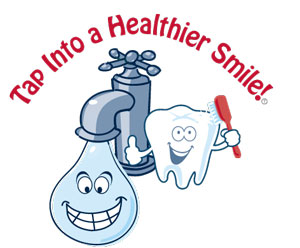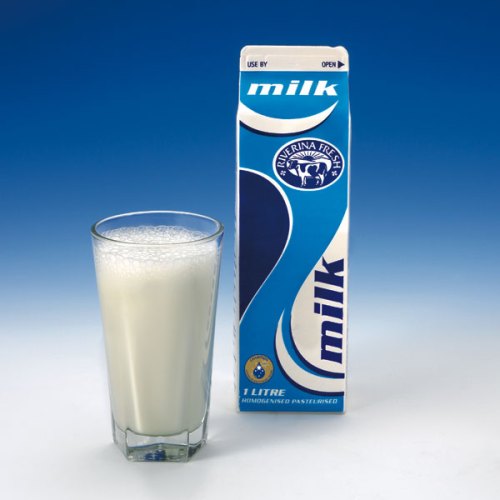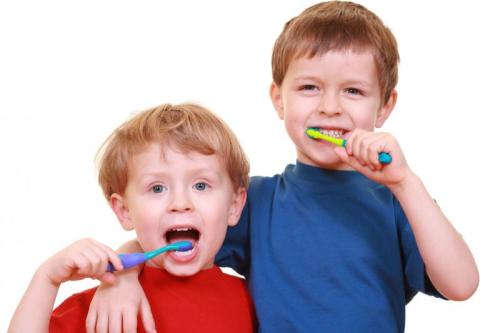This is not my x-ray, but this is exactly what my x-ray looked like prior to removal of my wisdom teeth. If I wouldn’t have gotten mine removed, the horizontal tooth (wisdom tooth) would have pushed the rest of my teeth out of the way to get in. All the hard work my braces did for a year and a half would have been wasted!!
Wisdom teeth…Why do we have them? It seems like most people just get them taken out anyway.
Why are they removed??
– The jaw is not wide enough to fit another molar in, and allowing them to come in will push all the other teeth out of line.
– To avoid bacterial infection that comes from partially grown-in teeth.
– To prevent cavities, decay, and gum disease due to crowding of teeth in the molar area.
It is not absolutely necessary that they are removed, unless you are at risk of one or more of the above symptoms. But if you do need to get yours removed, it is important that you know a little bit about the process:
– The process usually costs between $100-$400, depending on where you go and how many teeth you need to get extracted. Not everyone has all four wisdom teeth. For example, I only had two on the bottom.
– After the surgery you will be sore. Depending on what kind of medication they give you during the procedure, you may still be drowsy when you wake up. I received an IV in my arm and was put to sleep when I had mine removed, and when I woke up it was all done! Quick and painless…Until the medicine wore out. Plus I was very drowsy. You will need someone to drive you home afterwards.
– Bleeding. Keep gauze on the area for at least the first 24 hours, and if it has not stopped bleeding after that, keep applying new gauze. It should stop and create a blood clot by 48 hours.
– Swelling. It may be a good idea to keep ice on it at least for the first day that you get them removed to reduce swelling. It will also help with the pain.
– The surgeon will probably put stitches in place to keep the hole from opening back up where the tooth used to be. Be careful when brushing teeth and avoid the area where teeth have been removed. The stitches should fall out by themselves unless you have made an appointment to have them removed later on.
– Eat soft foods after, but no straws or smoking for a few days.



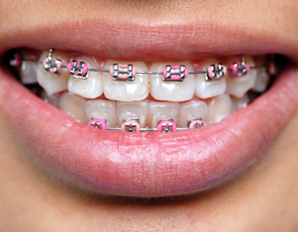


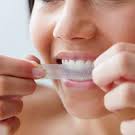







 A few memories I have of my early childhood are of my mom telling me and my siblings to go brush our teeth, either before bed or before we went out, etc. Sometimes she would come up and check that our toothbrushes were actually wet afterward to make sure we’d actually done it. I am pretty sure that more than once we’d put our toothbrushes under the water quickly and say that we’d done a good job.
A few memories I have of my early childhood are of my mom telling me and my siblings to go brush our teeth, either before bed or before we went out, etc. Sometimes she would come up and check that our toothbrushes were actually wet afterward to make sure we’d actually done it. I am pretty sure that more than once we’d put our toothbrushes under the water quickly and say that we’d done a good job.  Looking back on this experience makes me wonder why it was so hard for us as kids to brush our teeth. (I personally love brushing my teeth now…I can’t go without doing it!) I think kids get bored sitting there for
Looking back on this experience makes me wonder why it was so hard for us as kids to brush our teeth. (I personally love brushing my teeth now…I can’t go without doing it!) I think kids get bored sitting there for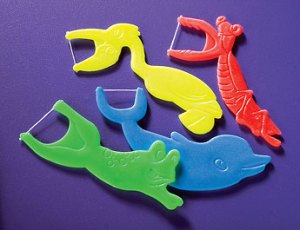
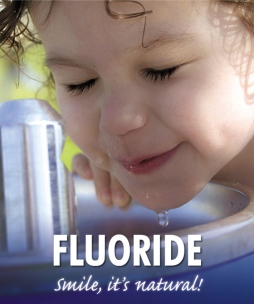
![fluoride_water_main_600[1] fluoride_water_main_600[1]](https://dentalhealthandhygiene.files.wordpress.com/2009/11/fluoride_water_main_60011.jpg?w=283&h=300)
